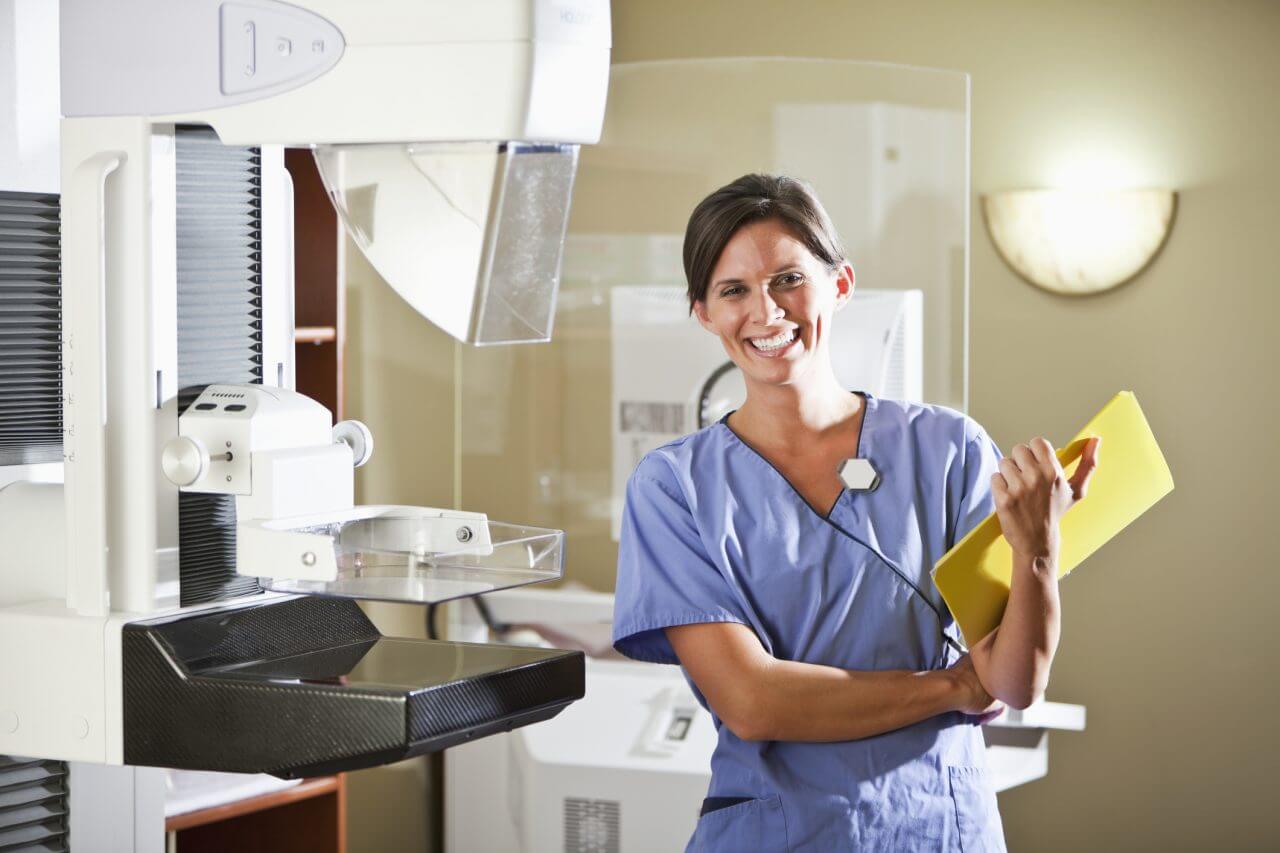Questions to Ask About Your Breast Cancer Diagnosis

A breast cancer diagnosis is alarming and stressful, no matter your situation. You and your family will have lots of questions and apprehension, and it’s vital that you bring any and all concerns to your doctor. Learning everything you can about your disease and talking frankly with your healthcare team is essential to understanding your condition and making informed decisions about your treatment options.
If you’ve recently found out you have breast cancer, the following questions are an excellent tool to start in-depth and honest discussions with your doctor and oncology team. Feel free to print this page and bring it with you to your next appointment.
What type of breast cancer do I have?
Breast cancer can begin in different areas of the breast; most cancers begin in the ducts or lobules, but some manifest in the tissue in between. Knowing the specifics of your cancer type can help you better plan for treatment options and understand your likelihood of recurrence.
Which tests were performed on my breast tissue?
Results from different tests can help you and your doctor gather more information about your diagnosis and prognosis.
In what stage is my breast cancer? What grade is my cancer? What is my hormone receptor status?
The stage of a tumor denotes its size and whether it has spread to other parts of the body. Stages range from I to IV (1 to 4). The higher the number, the more cancer has spread.
A tumor’s grade refers to how different your tumor cells are from healthy cells. Higher grade tumors typically grow faster.
In some cases, estrogen may spur the growth of breast tumors. Often, hormone therapy can successfully treat these tumors.
Are any cancer cells present in my lymphatic system?
The small clumps of immune cells that act as filters for your lymphatic system are called lymph nodes. Breast cancer is most likely to spread to the lymph nodes in your underarm first, and the likelihood of your cancer spreading to your lymph nodes increases with the size of your tumor. In cases where cancer has spread to lymph nodes, prognoses are generally poorer.
How much experience do you have treating this type of cancer? Should I seek a second opinion? Who would you recommend?
It’s essential that you feel comfortable with your oncology team and trust your doctor’s expertise. Your doctor may wish to refer you to a specialist for more targeted care.
What are my treatment options? What treatment do you recommend?
You should be an integral part of determining how your treatment plan will unfold; however, your doctor can offer valuable advice to help you make the best and most informed decision about your care.
What are the side effects of treatment?
Knowing what you’re up against from the start can help you plan and prepare for any adverse effects of treatment. Medical technology has come a long way, and there are multiple ways to treat breast cancer, all of which have different side effects and hurdles to overcome.
What are my chances of remission or recurrence?
Again, the significance of speaking openly with your doctor cannot be understated. Although this is a tough question to face, it’s paramount that you fully comprehend your diagnosis and potential outcomes. Knowing the odds can help you determine how you’d like to proceed with your treatment.
This is by no means a comprehensive list of the issues you should discuss with your medical team when facing a breast cancer diagnosis. It does, however, serve as a great starting point to begin having an open, meaningful conversation about treatment choices and potential outcomes.
And remember, you don’t have to go it alone. Establishing a strong support system of family, friends, and survivors should be a priority in any treatment plan. Ask your provider about local support groups and meetings you may wish to attend.
Find a Cancer Care Doctor near you and learn about treatment options.



